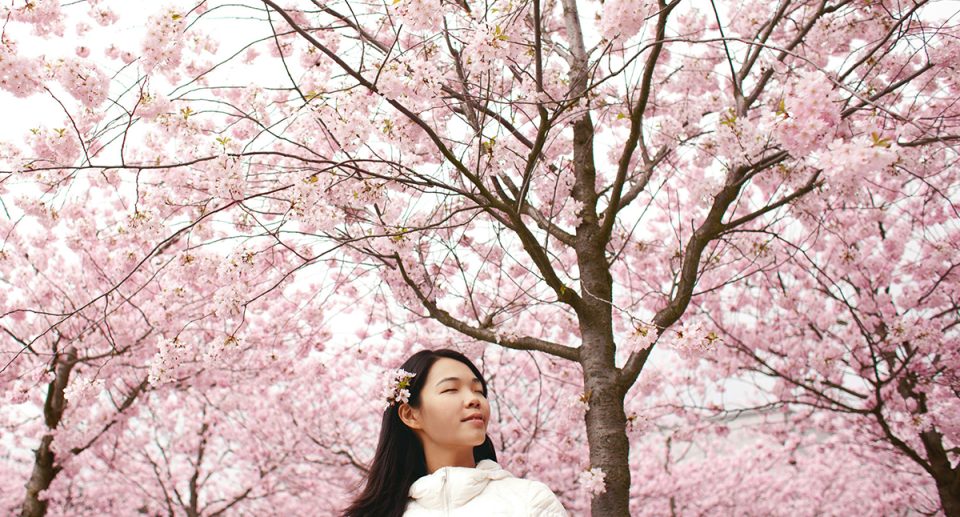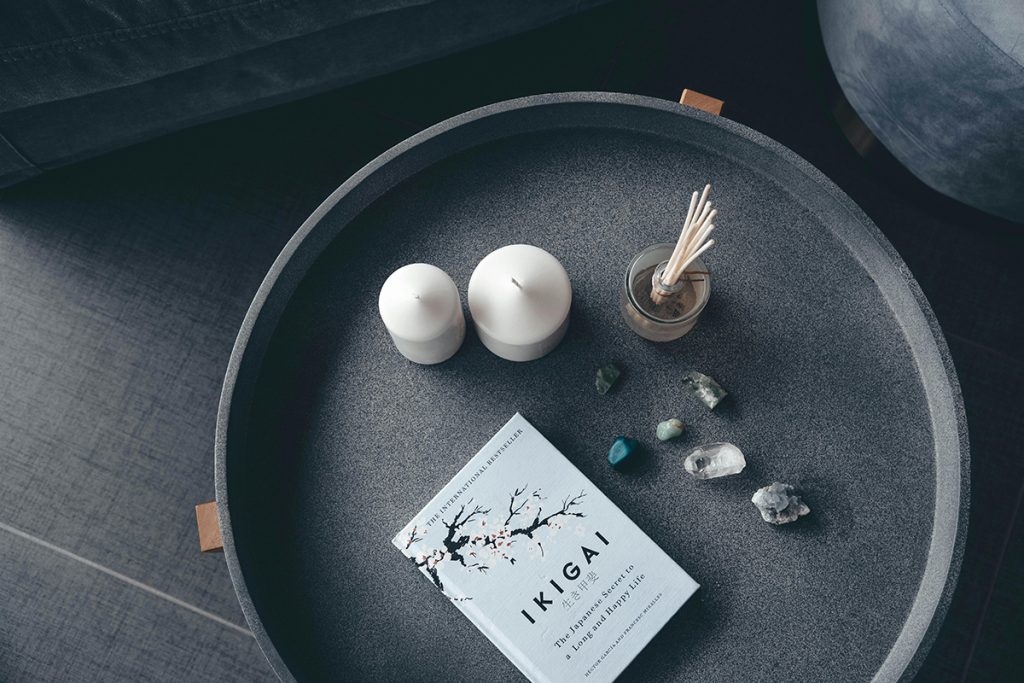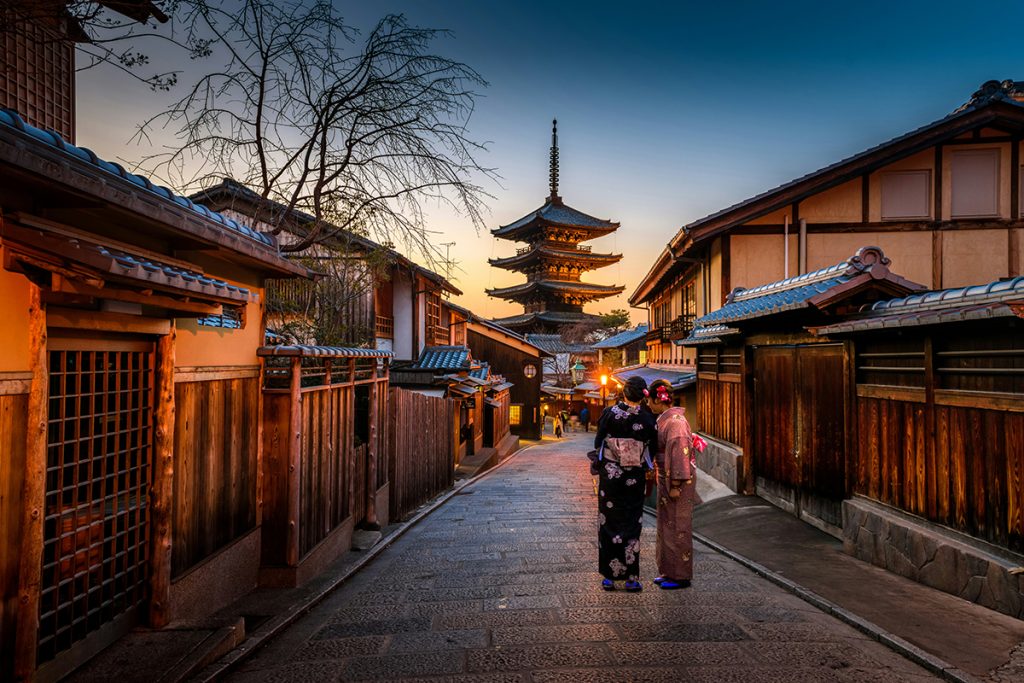Find true joy using the Japanese philosophy Ikigai

On the Japanese island of Okinawa, people enjoy longer lifespans than anywhere else in the world. The island boasts the highest concentration of centenarians globally, attributed to the concept of finding one’s ‘ikigai’.
Ikigai, an ancient Japanese philosophy, guides individuals to discover meaningful activities in their lives. The term combines ‘iki’ (life) and ‘gai’ (reason), loosely translating to “the happiness of always being busy.”
“Our ikigai varies for each of us, but what unites us is the pursuit of meaning,” explains Hector Garcia, co-author of The Ikigai Method: The Secrets of Japanese Philosophy for a Long and Happy Life. Ikigai helps individuals harmonize their bodies and minds, guiding them towards activities they excel in, enjoy, and that benefit others.
To uncover your Ikigai, consider four factors: activities you love, activities the world needs, activities you can be paid for, and activities you excel at. By compiling lists for each category, you can pinpoint activities that intersect all four, whether they be hobbies, sports, or careers.
“Ikigai encourages people to simplify their lives by pursuing what brings them joy,” notes Marie Kondo, the decluttering expert and advocate of the method. She believes that focusing on these lifestyle habits can lead to a fulfilling purpose that enriches both your life and the lives of those around you.

Here are the 10 principles of ‘Ikigai,’ as outlined by the authors of The Ikigai Method:
01. Stay active and never retire
Embrace lifelong engagement in activities you love, including work, to maintain a youthful and fulfilling lifestyle without the desire to retire.
02. Slow down for quality living
According to this Japanese philosophy, rushing through life diminishes its richness; instead, savor each moment and enrich life’s meaning through intentional living.
03. Eat mindfully
Prioritize quality over quantity in your diet and aim for satisfaction rather than excess. Many centenarians advocate eating to 80% capacity, highlighting the long-term happiness that mindful eating promotes.
04. Cultivate friendships
Nurturing relationships is crucial for true happiness and longevity. In Okinawa, centenarians thrive on community bonds and friendly interactions, emphasizing the importance of social engagement.
05. Exercise
It’s well-known for boosting endorphins and overall well-being. The philosophy encourages preparing for each birthday with fitness goals to maintain vitality.

06. Embrace smiles
Acknowledge life’s challenges while cherishing its opportunities. Authors García and Miralles emphasize that gratitude for the present enriches daily life.
07. Reconnect with nature
Even in urban environments, nature revitalizes the mind and spirit. Spending time outdoors enhances productivity, mood, and memory, offering a vital break from daily routines.
08. Practice gratitude
Reflect on life’s blessings and express appreciation for family, friends, and personal achievements. Cultivating gratitude fosters happiness and contentment.
09. Live in the moment
Let go of past regrets and future anxieties. Appreciate each day as a gift, making every moment memorable and meaningful.
10. Follow your Ikigai
Discover and pursue your passions. Finding your purpose enriches life with happiness and fulfillment, guiding each day toward personal and collective well-being.

Find true joy using the Japanese philosophy Ikigai conclusion
The Ikigai philosophy encourages individuals to prioritize activities that resonate deeply with their values and passions, fostering a sense of purpose and direction in life.
Marie Kondo, renowned for her expertise in decluttering, strongly supports the concept of Ikigai. She believes that integrating this Japanese philosophy into daily life fosters a sense of clarity and purpose, encouraging individuals to focus on activities that bring them true joy and contribute positively to their well-being.
By aligning with Ikigai, people not only enhance their personal happiness but also cultivate a more harmonious and fulfilling existence. Isn’t this something everyone should strive for?



















